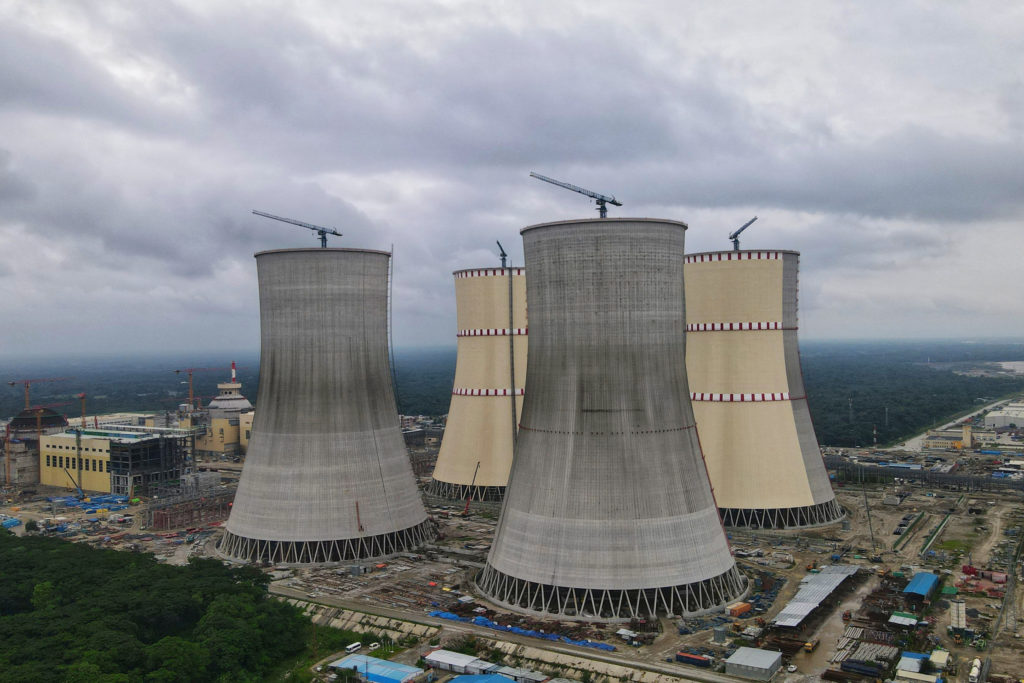The Port of Los Angeles and its longshoreman union will provide 24-hour service to alleviate backlogs that have exacerbated global supply chain problems, senior Biden administration officials said Wednesday.
US President Joe Biden plans to announce the commitments at a meeting Wednesday with the leaders of the giant West Coast port and the International Longshore and Warehouse Union.
The White House has also won commitments from companies including Walmart, FedEx and UPS to work extended hours and move towards 24 hours a day in some operations, officials said.
While more costly in terms of providing overtime pay, there are benefits to companies providing round-the-clock service. For example, truckers working overnight will encounter less traffic, an administration official said.
The announcements come as myriad supply chain and logistics problems pose fresh challenges to the global economic recovery from the worst months of the Covid-19 pandemic.
On Tuesday, the International Monetary Fund warned that supply chain disruptions are driving price increases as it trimmed its growth outlook in an increasingly uneven global recovery.
And US Treasury Secretary Janet Yellen urged Americans not to panic despite the rising prices and shortages of some goods, adding that price increases are not likely to last.
There are several factors behind the shortages of key raw materials and finished goods now plaguing retailers, including factory outages in countries that have imposed lockdowns due to Covid-19; unexpected demand spikes for some goods as behavior changed during the pandemic; and a nationwide labor crunch.
But the backlog at US ports has been a major contributing factor to the problem, with the neighboring ports of Los Angeles and Long Beach at times having 60 or more vessels offshore unable to anchor. The California ports are a key gateway for goods made in Asia.
Officials said that Long Beach had already shifted to 24-hour service and that Los Angeles was now committing to the same.
Administration officials said they understood that almost all of the supply chain is controlled by the private sector, adding that the hope is that 24-hour commitments or aspirational pledges would encourage more private-sector players to step up.










